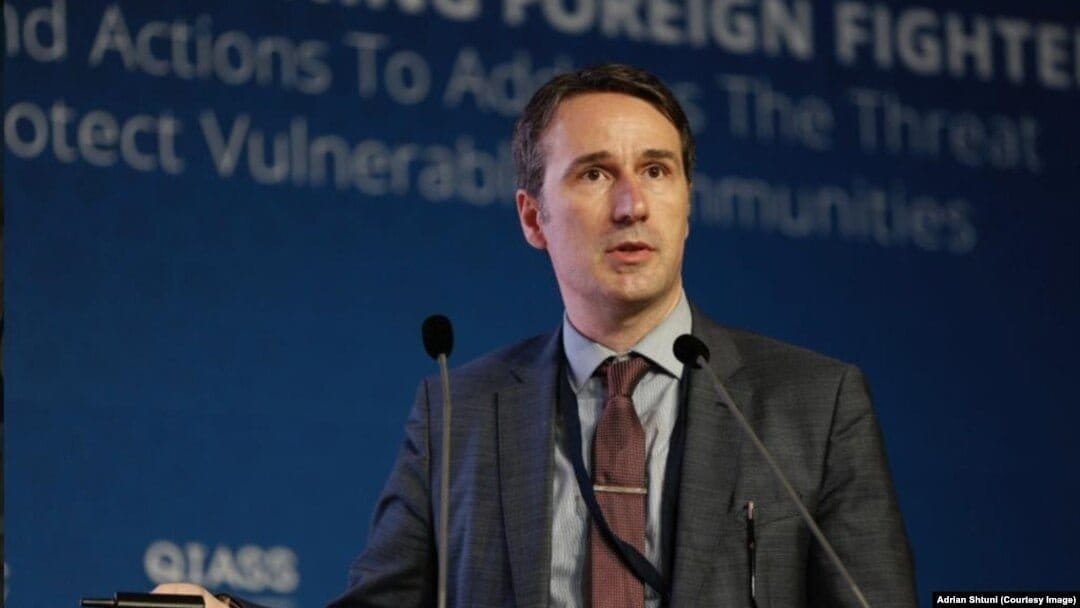In a reality filled with strong and multiple security challenges, the leadership of Kosovo would do well to maintain partnerships and strengthen ties of strategic importance, especially with the United States and NATO countries. says the security expert, Adrian Shtuni.
“As seen in the case of Israel, partnerships and coalitions are vital to the defense of the country,” says the Washington-based scholar of radicalism and violent extremism.
Speaking for Radio Free Europe, Stuni thus refers to the response that Israel and its allies gave to Iran’s missile and drone attack on the night between April 13 and 14.
Shtuni says that this “unprecedented” confrontation made the situation in the Middle East even “more unpredictable” and does not exclude the possibility that it, in one way or another, will have implications in the Western Balkans as well.
“The region is going through a turbulent situation. There is social political polarization. There have also been direct attacks, which have included military-grade weaponry”, says Shtuni, mentioning the case of Banjska.
In this village in northern Kosovo, last September, armed groups of Serbs attacked the Kosovo police, killing a policeman.
Kosovo blamed the Serbian state apparatus for this attack. The USA also said that it is investigating the Serbian state’s ties with it.
Until Serbia distanced itself, the responsibility was taken by the former Serbian politician from Kosovo, Millan Radoicic, who is still at large and is suspected to be in Serbia.
“As long as the Serbian authorities – who have on their territory all the exponents who participated in that attack – do not act, not only to arrest the doras, but also to bring the planners and financiers to justice of the attack, there is a risk that the same persons will commit the same acts”, says Shtuni.
Moreover, he adds, “there may also be individuals who were not involved in the Banjska attack, who, if punishment or accountability do not occur, may receive the message that ‘it is okay to do the same thing'”.
Stuni says that “there is room for increased vigilance by the international community”, but also “for maintenance and strengthening of important partnerships and alliances” of Kosovo, especially with the United States and NATO.
According to him, in such a situation, it is important that the defense capacities within Kosovo are increased.
“The concern comes when you see that certain circles within some countries tend to take advantage of such security situations in the world, to undertake destabilizing actions”, says Shtuni, taking Serbia as an example.
Security in Kosovo, in addition to local institutions, is also taken care of by NATO’s peacekeeping mission, KFOR.
Last week, NATO’s supreme commander for Europe, General Christopher Cavoli, blamed Russia for fueling inter-ethnic tensions in the Balkans and said Serbia was suspected of being involved in these influence operations.
He said that he has authorized the sending of more NATO troops to Kosovo, but also to Bosnia and Herzegovina.
This week, the US Senate Foreign Affairs Committee approved a bill aimed at increasing US engagement in the Western Balkans, while the Speaker of the US House of Representatives, Mike Johnson, spoke in support of aid to Ukraine. , said that if Putin is allowed, he “can also go to the Balkans”.
Stuni also emphasizes the importance of an agreement for the normalization of relations between Kosovo and Serbia, as he says that “the attention and capacities of the main countries that guarantee security are put under pressure when there are so many fires to be extinguished by a limited number of firefighters “.







